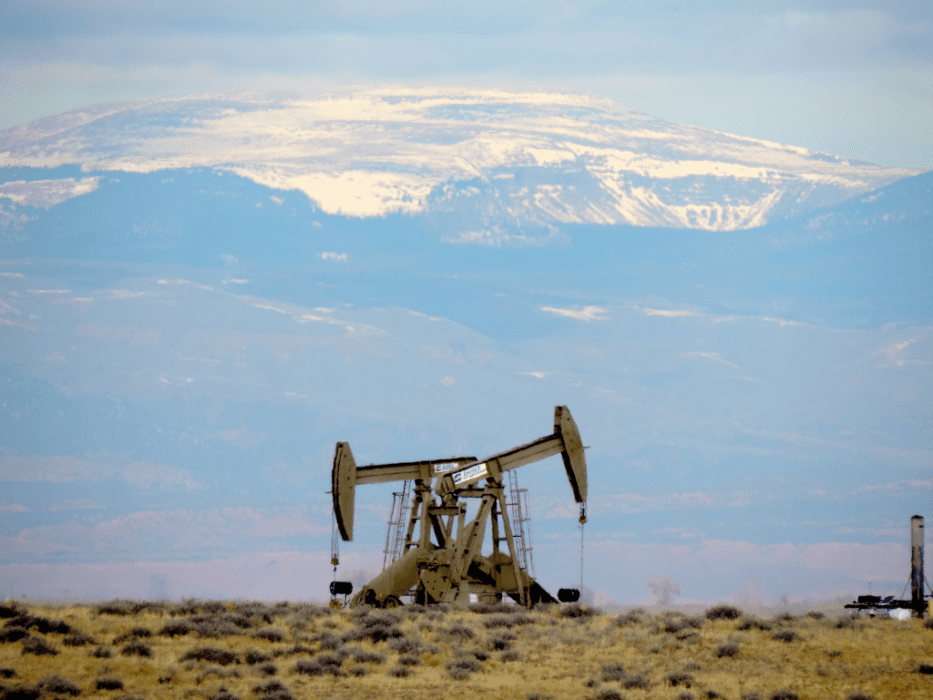Current work in wildlife, rivers, public lands, and climate
Press Releases
Supreme Court Takes Up Case Challenging Utah’s Uinta Basin Railway
WASHINGTON— The U.S. Supreme Court ruled today that it will consider part of an appellate court decision tossing out the U.S. Surface Transportation Board’s permit for the proposed Uinta Basin Railway. The project is designed to quintuple oil production in Utah’s Uinta Basin and move crude through the Colorado Rockies to Gulf Coast refineries.
Today’s decision grants a “petition for certiorari” in which the project’s backers asked the Supreme Court to review one aspect of the lower court’s August 2023 ruling — that the Surface Transportation Board erred in failing to analyze the project’s “upstream” drilling impacts on wildlife and vegetation and “downstream” refining impacts on Gulf Coast communities. The court will not review several other legal violations that the lower court found. Those legal defects will prevent the project from moving forward regardless of how the Supreme Court ultimately rules.
“It’s disappointing the Supreme Court took up this case but the appellate court’s decision on this destructive project is legally sound and should ultimately stand,” said Wendy Park, a senior attorney at the Center for Biological Diversity. “The proposal for the Uinta Basin Railway cut corners from the start but federal laws are now catching up with this climate and environmental catastrophe. That will prevent this disastrous railway from being built.”
In its decision last year, the U.S. Court of Appeals for the D.C. Circuit said the federal Surface Transportation Board violated the National Environmental Policy Act by failing to fully analyze the railway’s potential harm to wildlife, the Colorado River and people, including environmental justice communities along the Gulf Coast. The decision stripped the railway of the permitting required for its construction.
“Sending billions of gallons of oil along the Colorado River would be a disaster waiting to happen for wildlife and communities that depend on this vital water source,” said John Weisheit, conservation director at Living Rivers. “We’ll keep fighting to keep this oil in the ground and protect our precious river.”
The proposed 88-mile-long railway would spur increased oil production — estimated at an additional 350,000 barrels a day — by linking Uinta Basin oilfields to national rail networks. Most of the crude would travel through the Colorado Rockies for more than 100 miles and then on to Gulf Coast refineries, increasing the risk of fires and oil spills along the vulnerable Colorado River corridor.
“This oil railway would destroy wildlife habitat important for pronghorn, mule deer and greater sage grouse. These areas are important to rural communities and part of Utah’s natural heritage,” said Kelly Fuller, climate and energy program director at WildEarth Guardians. “The health of frontline communities along the railway’s path will also be at risk. The public shouldn’t have to shoulder the costs of the railway’s environmental harm while the fossil fuel industry reaps unprecedented profits from dirty energy.”
In addition to climate damage, the railway would harm public lands, rare plants and wildlife habitat. According to a now vacated federal environmental analysis, the railway would dig up more than 400 Utah streams and strip bare 10,000 acres of wildlife habitat, including crucial areas that pronghorn and mule deer need to survive. In Emma Park, a remote sagebrush valley known to birdwatchers, bulldozers and train traffic could drive imperiled greater sage grouse out of their mating and nesting grounds.
“The fossil fuel industry’s insistence on a doomed project at the expense of taxpayers underscores that it’s only interested in protecting its own bottom line,” said Sierra Club Utah Chapter director Luis Miranda. “The Uinta Basin Railway threatens public health, as well as treasured landscapes and waterways. A derailment would carry immeasurable harm.”
Earlier this month, the executive director of the Seven County Infrastructure Coalition — a group of Utah counties backing the project — said that the coalition has pivoted to lobbying Congress to approve the railway, in an apparent effort to circumvent federal environmental laws. Previous legislative riders that would have approved the railway and immunized it from judicial review have failed.
Even if the Supreme Court reverses the D.C. Circuit Court’s decision, the railway cannot go forward without additional analysis of oil spill threats to endangered Colorado River fish and increased wildfire risks from oil train accidents, among other factors. It will also require new approvals from the Surface Transportation Board, which regulates railways, and the U.S. Forest Service, because the railway would be built across 12 miles of roadless national forest lands. Railway backers have never identified a source of funding for the line’s construction.

###